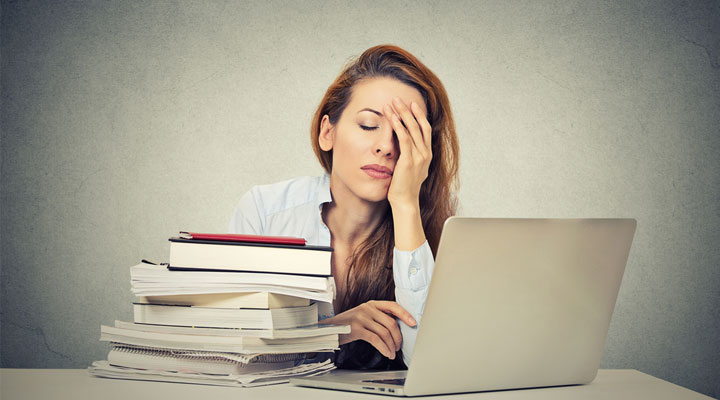When you are forced to fight through a wok or school day on little to no sleep, life seems impossibly hard. Many Americans rely on sleep aids or natural sleep remedies to get a good night’s sleep, but even those don’t do the job at times. Without the ability to sleep, you may feel like a zombie, or that you aren’t getting enough out of your life.
Unfortunately, there are many things you should hate about losing sleep that you may not even realize. Lack of sleep can affect your physical health and reach into every aspect of your life, making it even more imperative that you find ways to close your brain down and rest every night.
Lack of Sleep and Physical Health
Chronic sleep loss or sleep disorders can lead to a long list of health problems that you simply don’t want to deal with, including:
- Diabetes
- Stroke
- Heart failure
- Heart disease
- High blood pressure
- Irregular heartbeat
- Heart attack
Research suggest that almost 90% of insomniacs also have other health conditions.
Lack of Sleep and Sex Drive
Statistics state that those who don’t get enough sleep, both men and women, repeat a decreased interest in sex and libido. This may be due to the sleepiness, increased tension and depleted energy that are the result of sleepless nights.
Studies also suggest that men with sleep apnea have lower levels of testosterone. A 2002 study came to the conclusion that 50% of men with sleep apnea (a condition during which breathing is stopped during sleep) also secreted lower levels of testosterone in the night.
Lack of Sleep and Depression
Those who deal with sleep disorders are more likely to be depressed, and the symptoms of depression are often exacerbated by insomnia. According to a 2005 study, those with mental health conditions like anxiety or depression got an average of less than six hours of sleep each night.
Insomnia is the most common of the sleep disorders, and also has the strongest link to depression, as those with insomnia are increasingly like to develop depression over time. One of the first signs of depression is often insomnia. The two conditions often make the other worse, as those who are depressed have a harder time sleeping, and those that can’t sleep are more likely to be depressed. The fortunate side of that fact is that treating insomnia can often reduce the symptoms of depression.
Lack of Sleep and Your Skin
Sallow skin or puffy eyes are common after you haven’t slept for a few days, but you may not know that lack of sleep can also increase fine lines of your face and create dark circles under your eyes. This is because the body releases more cortisol when you don’t get enough sleep. The less you sleep, the more cortisol is released, and cortisol decreases the elasticity and smoothness of the skin by breaking down collagen.
The body also releases growth hormone during sleep, which thickens skin, strengthens bones and increase muscle mass as you age. Without enough sleep, your body misses out on important substances needed to stay strong and healthy.
Treat Insomnia Naturally
There are many over the counter natural sleep remedies that help you shut your brain down and get a good night’s sleep. With the obvious effect that insomnia can take on your physical and mental health, insomniacs can’t afford to ignore the benefits of seeking help.
